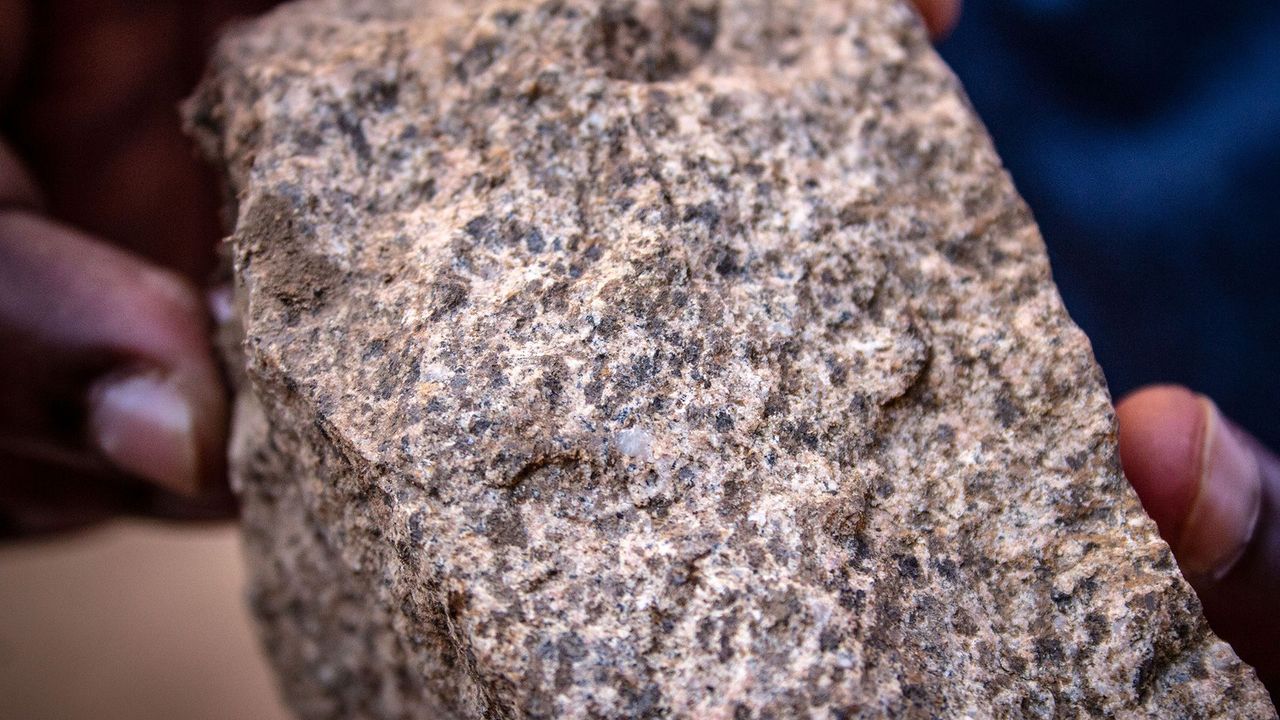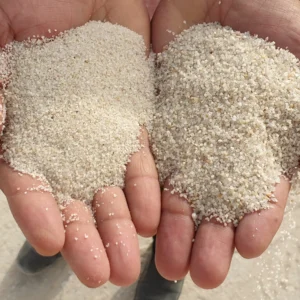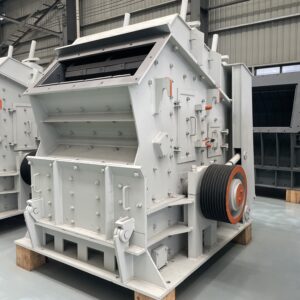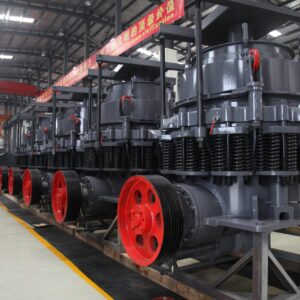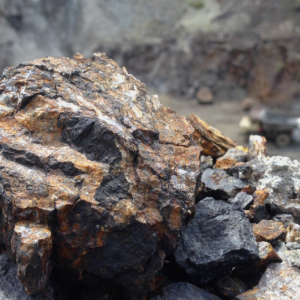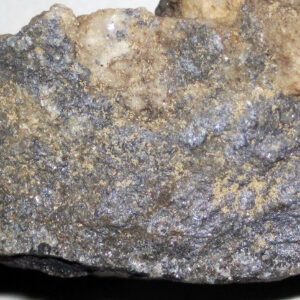Description
Process Description
1. Direct Flotation Process
Direct flotation inhibits gangue minerals by effective inhibitors, and the phosphorus mineral is enriched in foam by collecting agent. This process is suitable for low grade phosphate ores including magnetite type apatite and sedimentary metamorphic type phosphorite ore.
2. Reverse Flotation Process
Mainly used for the separation of phosphate and dolomite; dolomite is collected with fatty acid collector in weak alkaline medium, and the phosphorus mineral is enriched in the groove. The biggest advantage of reverse flotation process is the realization of the normal temperature flotation.
3. Double-Reverse Flotation Process
In alkaline conditions, double-reverse flotation makes the silicate surface positively charged, and the anionic collector separates minerals meaning floating dolomite firstly, and then reverse floating silicate; the product is heavy concentrate in groove; the production line can be carried out at normal temperature and coarse grain condition.
Introduction
Phosphate mining production lines are critical for various applications, especially in agriculture and industry. Here are the primary uses:
1. Fertilizer Production
- Phosphoric Acid: The primary product of phosphate mining, used to produce phosphate fertilizers like DAP (diammonium phosphate), MAP (monoammonium phosphate), and TSP (triple superphosphate).
- NPK Fertilizers: Phosphate is a crucial component in NPK (nitrogen, phosphorus, potassium) fertilizers, which provide essential nutrients for plant growth.
2. Animal Feed Supplements
- Calcium Phosphate: Used as a dietary supplement in animal feed to promote bone growth and overall health in livestock and poultry.
3. Industrial Uses
- Detergents and Cleaners: Phosphates are used in detergents and cleaning agents for their ability to soften water and improve cleaning efficiency.
- Water Treatment: Phosphates help in treating and conditioning water to prevent the formation of scale and corrosion in pipes and boilers.
- Food Additives: Certain phosphate compounds are used as additives in food processing to improve texture, moisture retention, and shelf life.
4. Metallurgical Applications
- Metal Treatment: Phosphates are used in the surface treatment of metals to improve corrosion resistance and paint adhesion.
5. Chemical Industry
- Chemical Reagents: Phosphate compounds are used as reagents in various chemical processes, including the production of certain plastics, pharmaceuticals, and other industrial chemicals.
6. Environmental Management
- Soil Remediation: Phosphates can be used in soil remediation efforts to immobilize heavy metals and reduce soil contamination.
- Waste Treatment: Phosphate compounds are used in waste treatment processes to remove or neutralize harmful substances.
7. Construction Materials
- Phosphate Cements: Certain phosphate compounds are used to produce quick-setting cements for specialized construction applications.
8. Renewable Energy
- Lithium Iron Phosphate Batteries: Phosphates are used in the production of lithium iron phosphate (LiFePO4) batteries, which are known for their safety and stability in electric vehicles and energy storage systems.
9. Pharmaceutical Applications
- Medicinal Products: Phosphates are used in some pharmaceuticals, including medications for treating kidney stones and osteoporosis.
10. Other Agricultural Uses
- Soil Amendments: Phosphate rock can be directly applied to soil as a slow-release fertilizer for crops.
